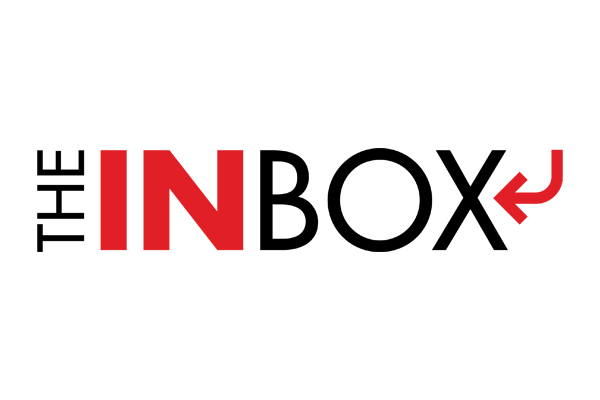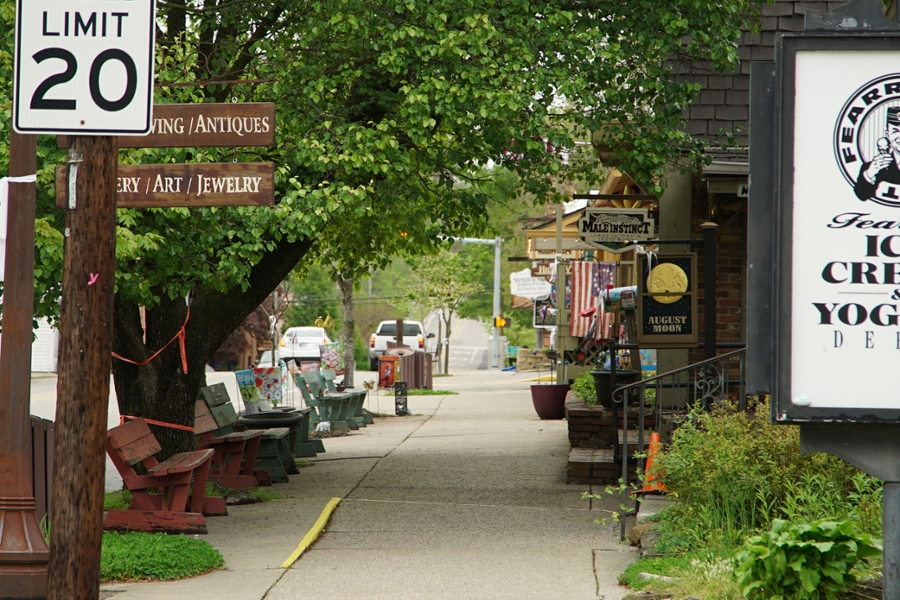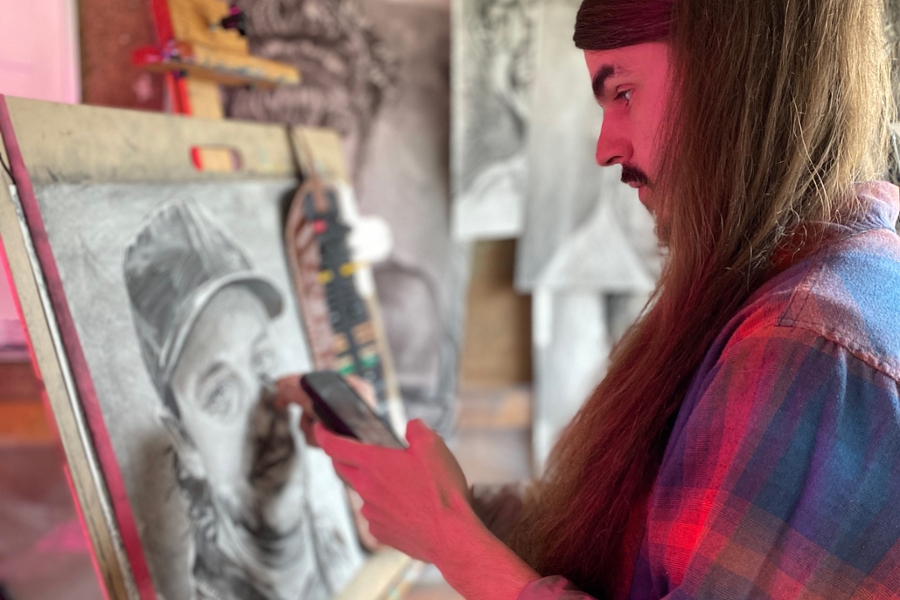Not a lot of thought goes into how we use Wikipedia. The Free Encyclopedia is either a quick reference at the top of a Google search or a way to spend late nights diving into rabbit holes and learning about anything from the haunting to the obscure.
But in all seriousness, Wikipedia is also a very vital resource to millions of people around the world who may not otherwise have easy access to information. And the extent of how thorough and accurate that information is relies on the efforts of Wikipedia’s userbase.
The “edit-a-thon” is a kind of event that’s risen in ubiquity over the past few years. They provide credible resources and then invite people to stop by and improve existing articles or to contribute entirely new ones, usually centered around a particular topic.
Thursday, as part of Women’s History Month, Indiana University will be hosting the Art+Feminism Wikipedia Edit-a-Thon, which is a global campaign “improving coverage of cis and transgender women, non-binary folks, feminism and the arts on Wikipedia.”
“Much of this labor is invisible to everyday people, and libraries are uniquely positioned to help the public think about how to make a contribution,” said Sarah Carter, an art, architecture and design librarian and an assistant professor at Indiana University.
For this specific event, the Herman B. Wells Library is offering space to work, plenty of research materials and expert librarians on-hand to assist novice Wikipedia editors of all gender identities. Carter said attendees will learn everything they need to know, from opening a Wikipedia account to finding credible sources to cite.
Of course, with almost six million articles on the English Wikipedia alone, there’s the question of where to start.
 Photo: Shutterstock
Photo: Shutterstock
“We’ll have a list of existing articles that can be improved, as well as articles that need to be written,” Carter said. “Each participant can decide how they want to spend their own time editing.”
How attendees approach the Edit-a-Thon is up to them. They can stop by for half an hour and edit an article or two, or they can stick around for longer and write an entirely new one. And, if any participants come with a topic already in mind, Carter said the librarians are glad to help them out.
Meg Meiman, the head of teaching and learning and an associate librarian at Indiana University, says the drop-in atmosphere is what makes these kinds of events successful, and even if people can only contribute a few edits, something is better than nothing.
“It doesn’t have to be writing a brand-new article about a little-known historical figure in African-American history or women’s history,” Meiman said. “Whatever it is that you as an editor can add to an entry, drawing on reliable, credible sources, will make it successful.”
While during and before her time at IU, Meiman has organized several edit-a-thons, including a Black History Month edit-a-thon last month in conjunction with Neal Marshall Black Cultural Center Library Head DeLoice Holliday, and Matt Neer of the Monroe County Public Library.
As a worldwide effort, the Art+Feminism campaign has spent the past six years working to improve how information on women in the arts is kept. Last year, the event saw almost 4,000 editors editing about 18,000 articles and creating over 3,000 new ones.
“When we don’t tell our stories or participate in the ways our history is preserved, it gets erased. Gaps in the coverage of knowledge about women, gender, feminism and the arts on one of the most visited websites in the world is a big problem,” their site writes.
A 2011 survey by Wikimedia reported that nine out of 10 editors on the site identify as male. Carter said events like the Art+Feminism Edit-a-Thon can help level that playing field.
“Wikipedia is largely a reflection of culture, and so I think that by adding to articles on women and gender non-binary artists, volunteers are significantly changing the landscape of Wikipedia,” Carter said.
For those hoping to organize their own edit-a-thons, Meiman says a group effort is crucial to planning and executing these kinds of events.
“Wikipedia is a communal effort, and I think the same is true for edit-a-thons,” she said.
Meiman recommends reaching out to community resources like libraries and university staff to put something together, and to look through logistical checklists, like the Society of North Carolina Archivists’ Edit-a-Thon Toolkit.
The Art+Feminism Edit-a-Thon takes place Thursday morning; if you’re interested, you can sign up in advance at the IU Libraries website. There will also be another edit-a-thon centered around non-Western Music on March 27 in the IU Archives of Traditional Music at 7 p.m. in the Hoagy Carmichael Room.
Featured image via Shutterstock.




